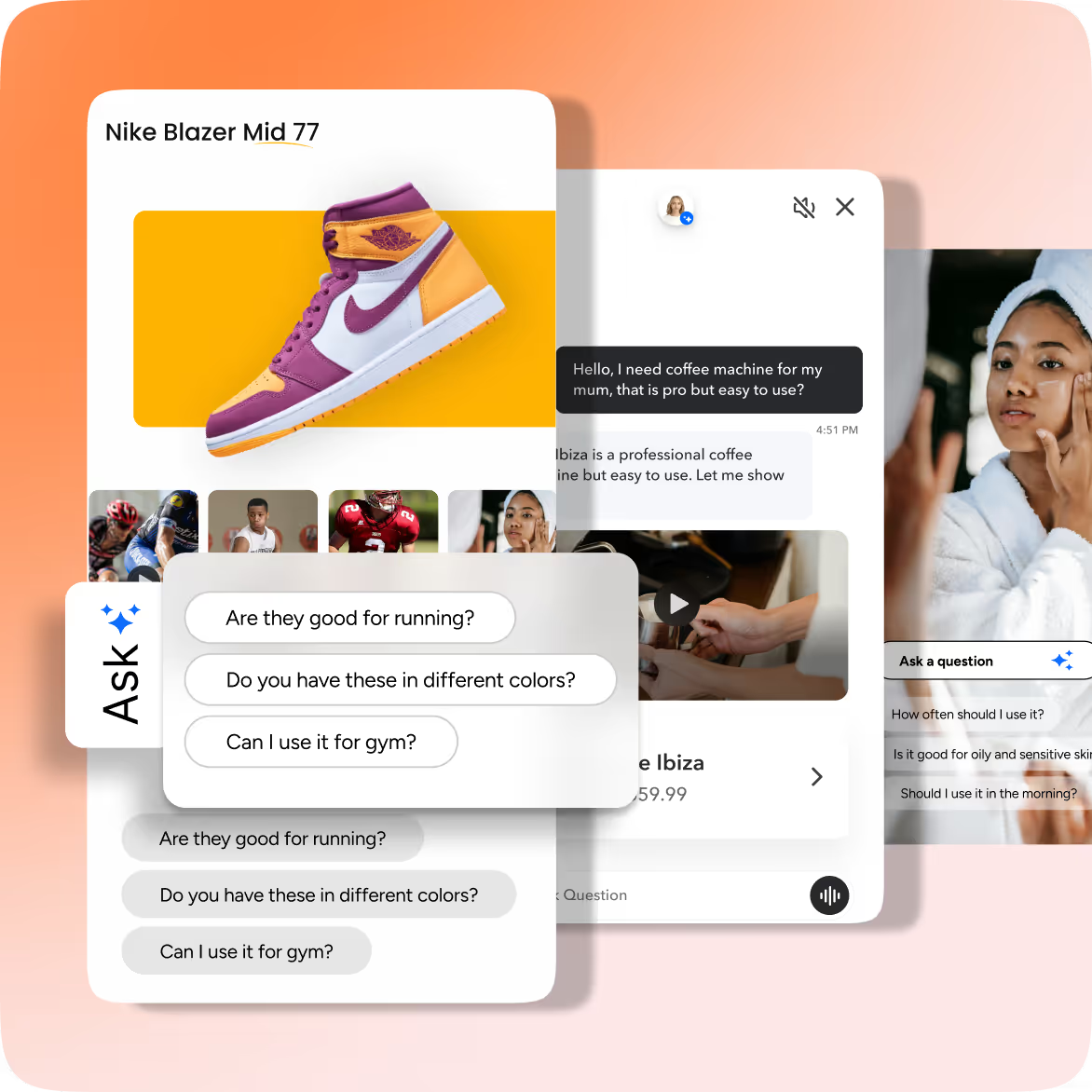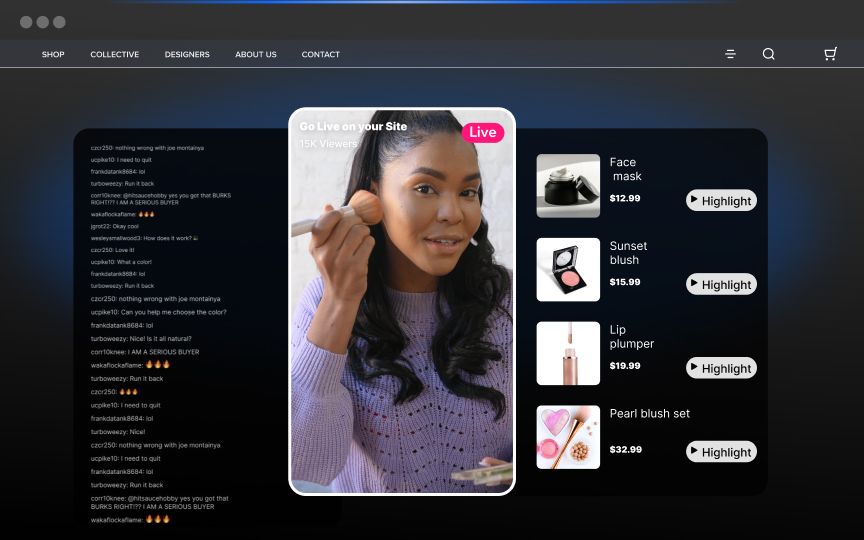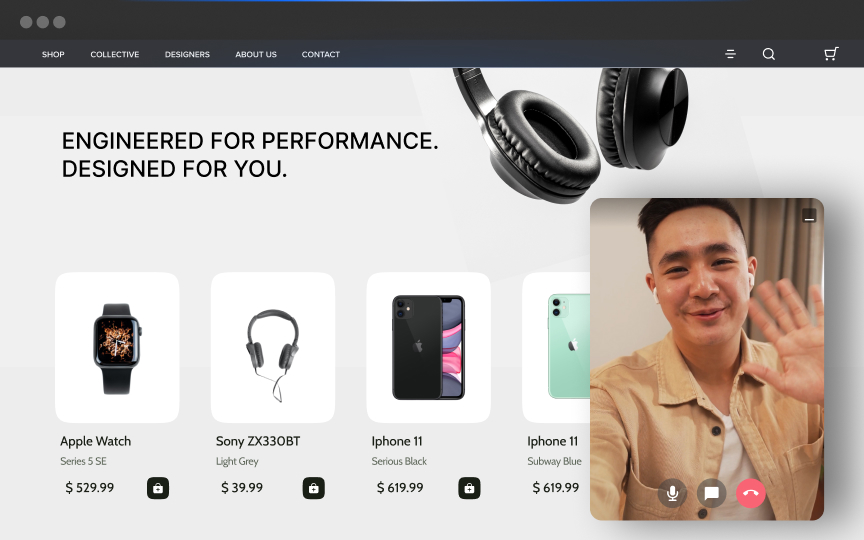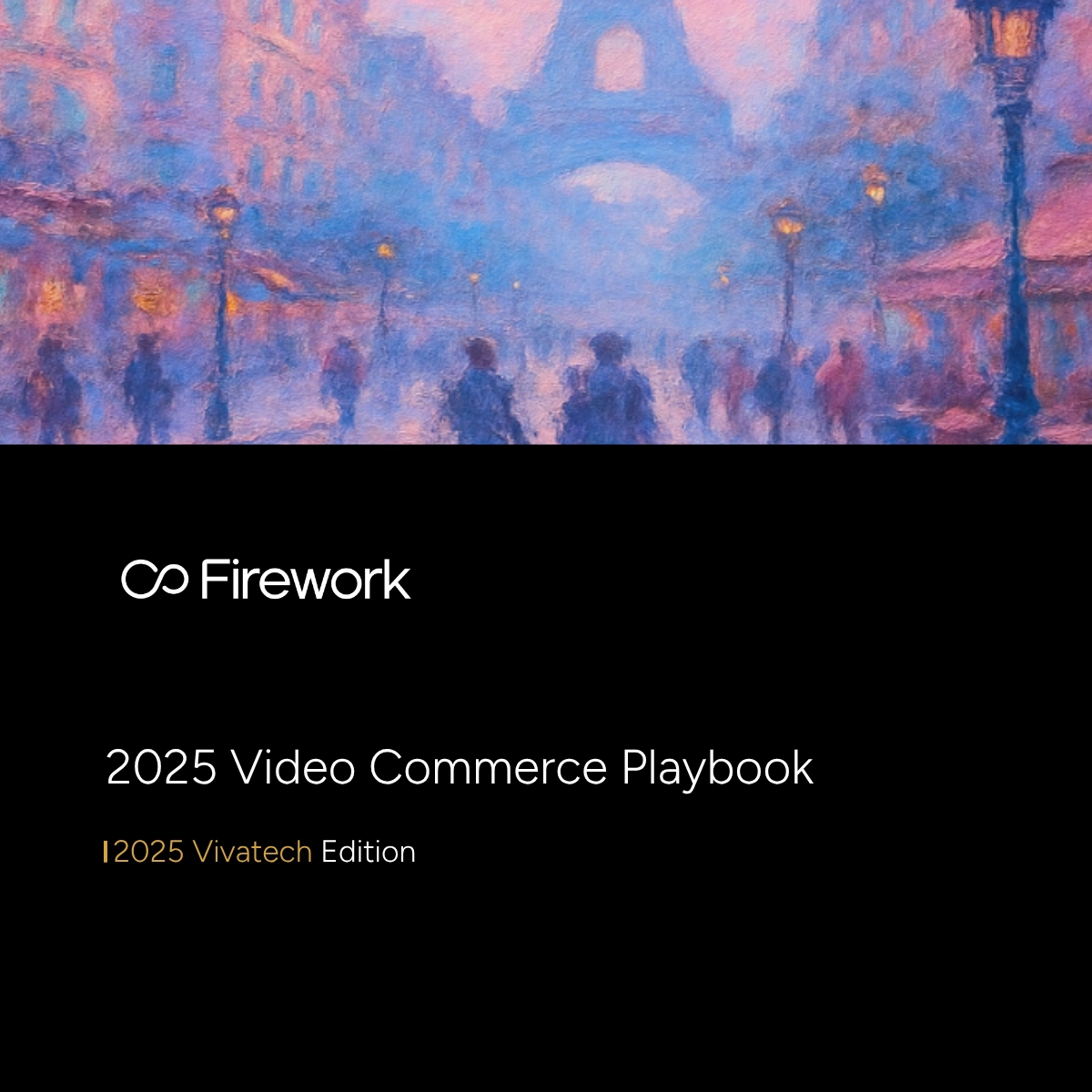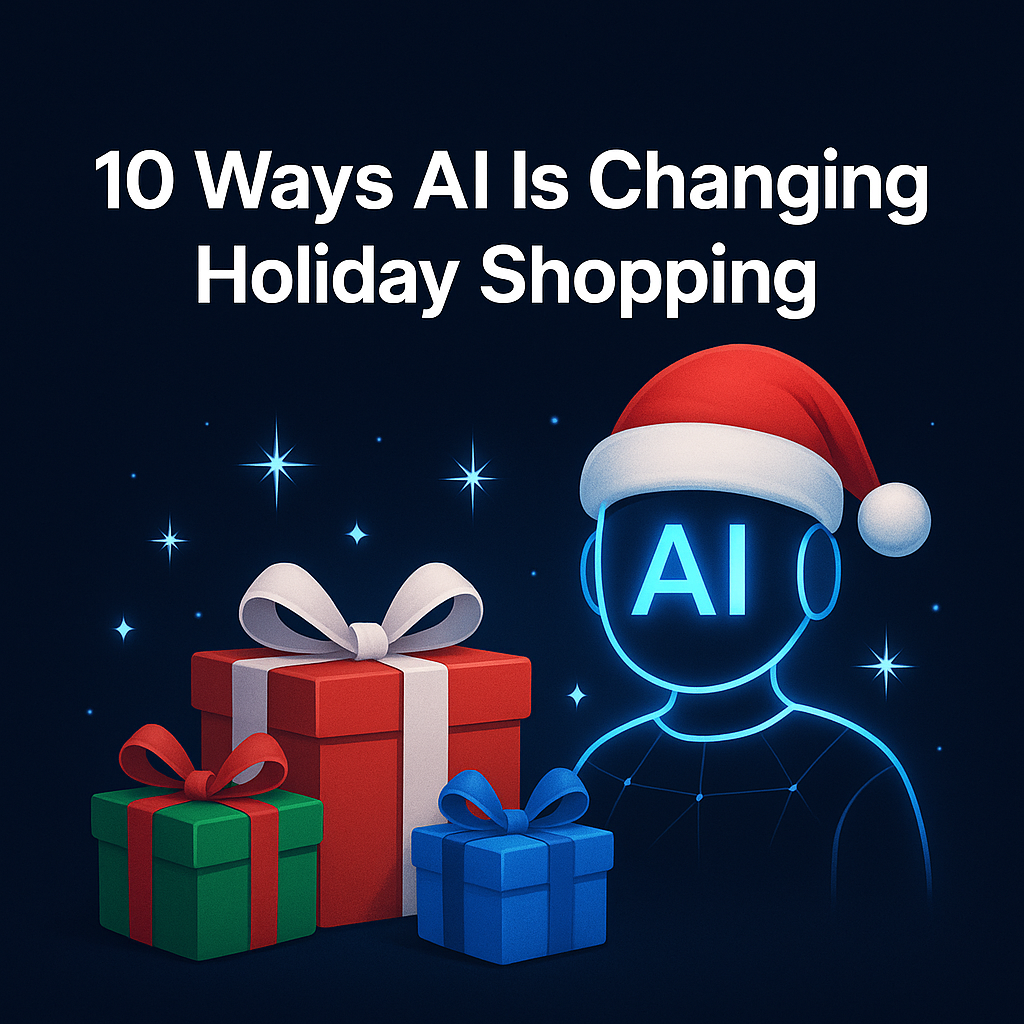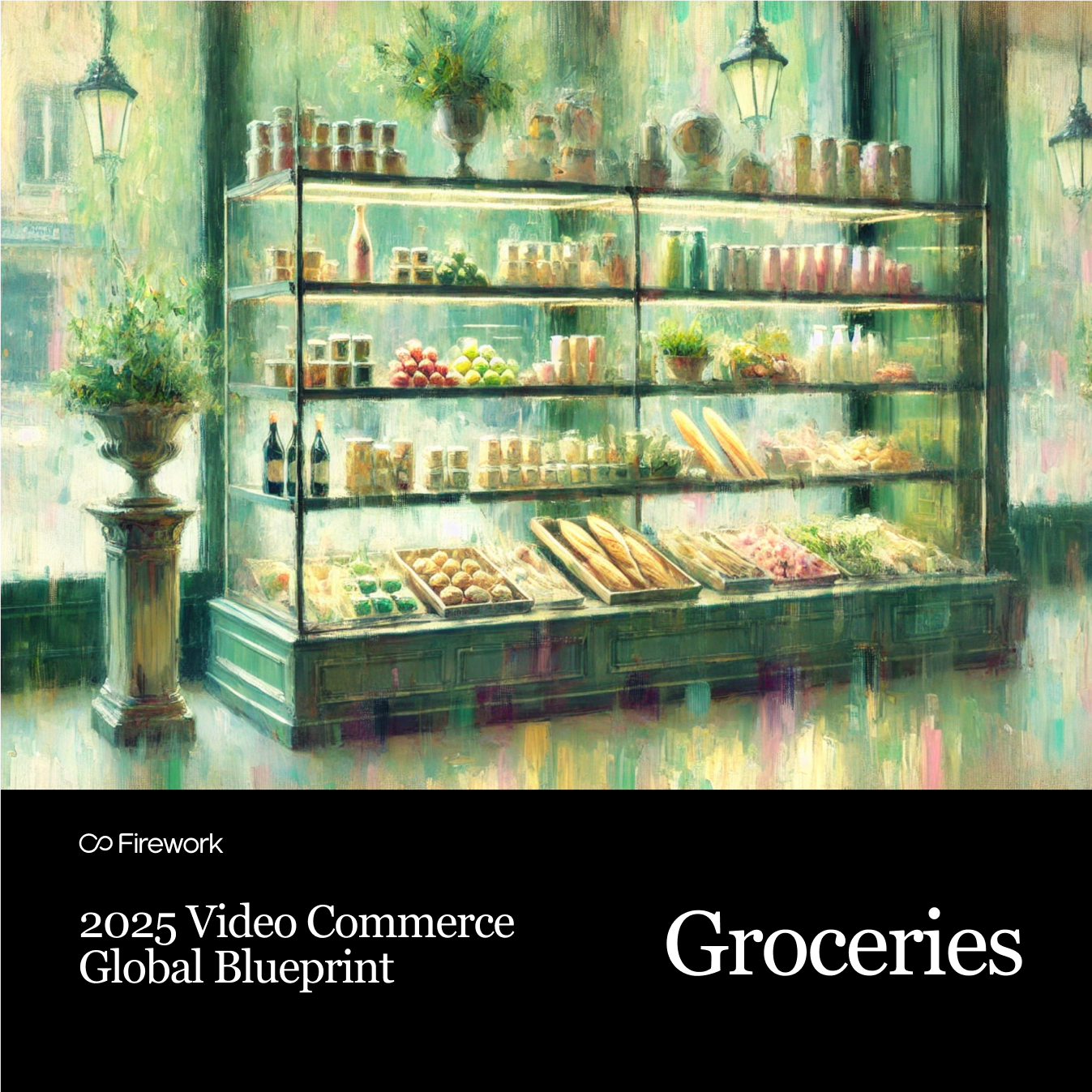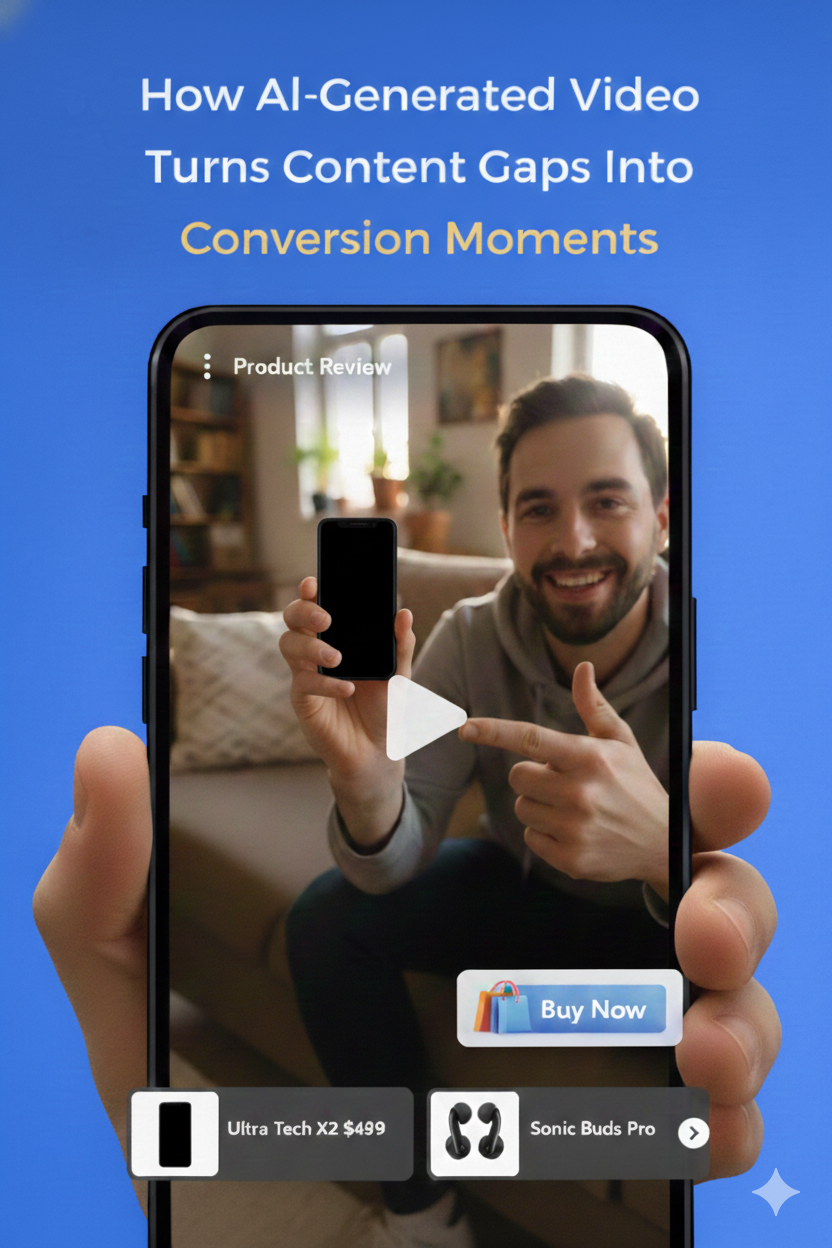Holiday shopping has always been a mix of excitement and overwhelm. Shoppers want to find the perfect gifts, retailers want to capture peak-season demand, and both sides feel the pressure of tight timelines and rising expectations. But 2025 marks a turning point: AI is fundamentally restructuring how people discover, evaluate, and purchase gifts. From gift inspiration to product confidence to support during the busiest weeks of the year, AI is becoming the backbone of the modern holiday shopping experience with a 40% increase in revenue from AI-powered personalization.
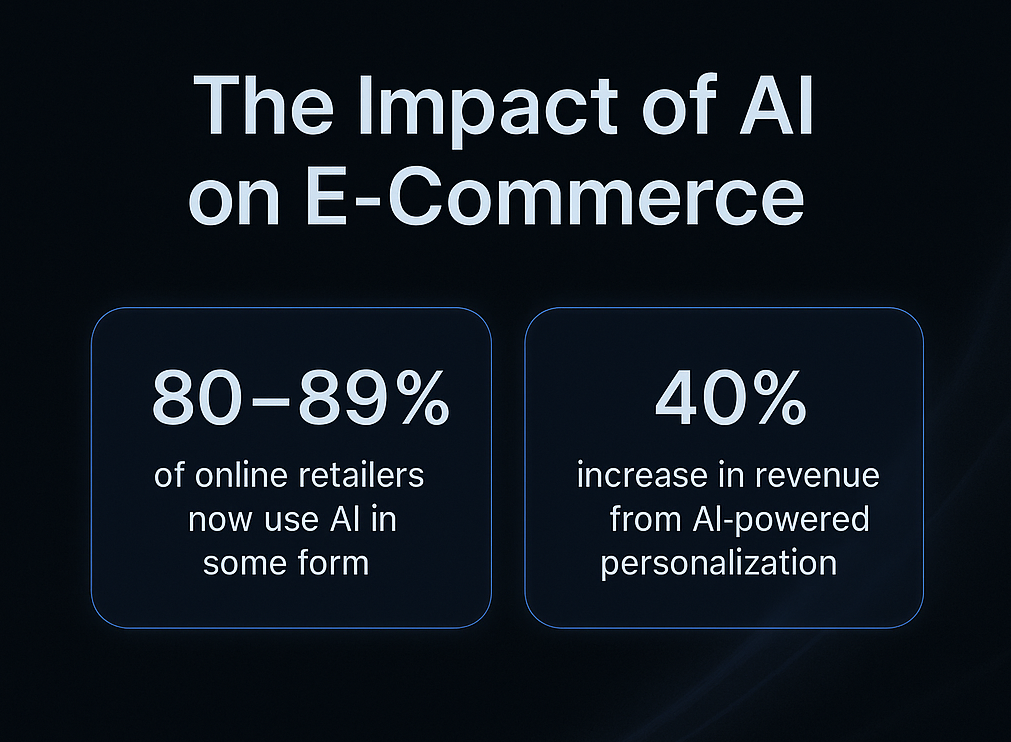
Here are ten ways this shift is reshaping behavior and retail strategy today.
1. AI Makes Gift Discovery Faster and More Intent-Driven
For the first time, holiday shoppers don’t need to know what they’re looking for to start the journey. They can simply describe the person, the occasion, or the budget, and AI interprets their intent instantly. A query like “I need something thoughtful for my sister who just moved into a new apartment” produces curated recommendations that feel personal and relevant. The old pattern of endless scrolling is replaced with immediate clarity, a huge relief during an otherwise high-pressure season.
2. Conversational Search Is Replacing Traditional Browsing
Filters, categories, and manual sorting have defined holiday e-commerce for years, but they’re quickly becoming outdated. Shoppers increasingly expect to “talk” to a site the way they would to a store associate. AI-powered shopping agents allows shoppers to ask follow-up questions, refine their choices in real time, and skip the friction of navigating menus. This keeps customers on the site longer and helps them reach a decision sooner, which is especially critical during holiday rush periods.

3. AI-Powered Gift Guides Are Becoming the New Holiday Hub
Static, one-size-fits-all gift guides used to dominate holiday marketing, but they rarely kept pace with trends or individual needs. Today’s AI-powered guides adapt instantly, updating with new products, shifting demand patterns, and real-time behavior insights. They serve different versions to different people, almost like a personal shopper. For retailers, this solves the long-standing problem of gift guides going stale halfway through December. For shoppers, it feels like a shortcut to the perfect pick.
4. AI Helps Shoppers Validate Their Decisions Faster
One of the biggest barriers during peak season is uncertainty. Shoppers want reassurance before they commit, especially for higher-ticket gifts. AI accelerates this by providing instant, contextual explanations, comparing similar products, clarifying differences in features, breaking down benefits, and answering common questions before they’re even asked. Instead of toggling between tabs or leaving the site to research elsewhere, shoppers now get answers at the moment of hesitation, dramatically reducing drop-off.
5. AI-Generated Video Increases Confidence at the Moment It Matters Most
Holiday shoppers rarely have patience for long descriptions or complicated specs. They want to see how something works. AI-generated videos fill this gap at scale by creating quick product demos, comparison overviews, and visual explanations in seconds. These videos give shoppers the proof they need, how large an item looks in a real space, how it functions, or how it should be used. Visual clarity translates into faster decisions and fewer post-purchase surprises.
6. Predictive AI Anticipates What Shoppers Want Before They Ask
Holiday purchase paths often start with vague ideas, but predictive AI reads patterns that the shopper isn’t consciously aware of. It understands what people with similar behavior have bought, what’s trending regionally, and what’s likely to sell quickly. As a result, suggestions appear sooner and feel uncannily accurate. When the right product shows up before a shopper even articulates their needs, the path to purchase becomes radically shorter.

7. AI Personalizes Holiday Deals and Offers in Real Time
Blanket discounts and generic gift bundles used to dominate holiday promotions, but AI enables a much more nuanced approach. Offers can now adjust in real time based on what a shopper is browsing, how much they typically spend, or what stage of the decision journey they’re in. It reduces discount waste for retailers while delivering more meaningful value for the customer. This personalization helps lift AOV and smooths the buying process at a time when shoppers are overwhelmed by choice.
8. AI Prevents Holiday Inventory Challenges From Becoming Lost Sales
Inventory volatility is one of the biggest challenges of peak season. AI minimizes the damage by predicting when demand will spike, surfacing alternative products proactively, and preventing shoppers from running into dead-end PDPs. Instead of seeing “out of stock,” shoppers receive immediate suggestions that match the intent, keeping them engaged and reducing the temptation to abandon the site altogether.
9. Customer Support Gets Smarter When Shoppers Need It Most
Holiday customer support queues are traditionally long and stressful, but AI is changing that dynamic. Advanced assistants can resolve common questions instantly, help troubleshoot orders, explain product differences, and guide shoppers through last-minute decisions. They reduce pressure on human teams while giving customers real-time support during the moments when they’re most likely to abandon their carts.
10. AI Creates a More Predictive and Seamless Holiday Shopping Experience
The biggest impact of AI is how it ties the entire journey together. Instead of disjointed steps including search, compare, click, reconsider, the path becomes fluid and responsive. AI adapts every micro-interaction to the shopper’s context, helping them move forward without unnecessary friction. The result is a holiday shopping experience that feels more intuitive, less overwhelming, and better aligned with the way people naturally make decisions.
Want to understand how AI-driven product discovery can improve conversion, confidence, and buyer intent across your digital storefront? Talk with our team to explore how modern brands and retailers are rethinking the funnel with AI-powered content, personalized assistance, and dynamic PDP experiences.
FAQ
1. How is AI changing the way people shop for the holidays?
AI is streamlining the entire holiday shopping journey—from helping shoppers find gifts faster to offering personalized recommendations, answering questions instantly, and reducing decision fatigue. It replaces manual browsing with guided, intuitive experiences.
2. Why is AI important for holiday gift discovery?
Holiday gift buying is stressful and time-sensitive. AI helps shoppers articulate what they need using natural language and instantly generates curated options, saving time and improving confidence in the final choice.
3. Does AI improve holiday conversion rates?
Yes. AI-driven search, recommendations, and content personalization reduce friction and help shoppers feel more confident. This leads to more add-to-cart actions, fewer bounces, and higher conversion rates during peak season.
4. How does AI personalize holiday deals and promotions?
AI tailors offers based on browsing behavior, spending patterns, and shopper intent. Instead of generic discounts, customers see relevant bundles, price drops, or gift ideas that match their real-time interests.
5. Can AI reduce return rates during the holidays?
AI improves product understanding through better recommendations, video explanations, and contextual answers, helping shoppers choose the right item the first time—leading to fewer mismatched purchases and lower returns.
6. How does AI help retailers manage holiday inventory?
AI predicts demand, flags inventory risks, and suggests real-time alternatives when items are low or out of stock. This prevents dead-ends on PDPs and keeps shoppers engaged.
7. What role do AI shopping assistants play during the holiday season?
AI assistants act like digital store associates, answering questions, comparing products, offering alternatives, and guiding shoppers through complex decisions—especially valuable during high-traffic periods.
8. Why do shoppers prefer AI over traditional search during the holidays?
AI removes the need for endless scrolling and manual filtering. It understands intent, provides faster answers, and delivers recommendations based on real human language, not rigid keywords.
9. Does AI-generated video content really help holiday shoppers?
Yes. AI video demos, explainers, and comparisons help shoppers visualize how products work, fit, or look in real environments—boosting trust and accelerating decisions during a busy season.
10. Should retailers invest in AI before the holiday rush?
Absolutely. The holiday season magnifies friction. Retailers who adopt AI early see major improvements in discovery, conversion, AOV, and customer satisfaction during peak periods.
Unlock Exclusive Insights
By submitting this form, you agree to Firework's privacy policy and consent to receive personalized marketing communications. You can unsubscribe at any time.
